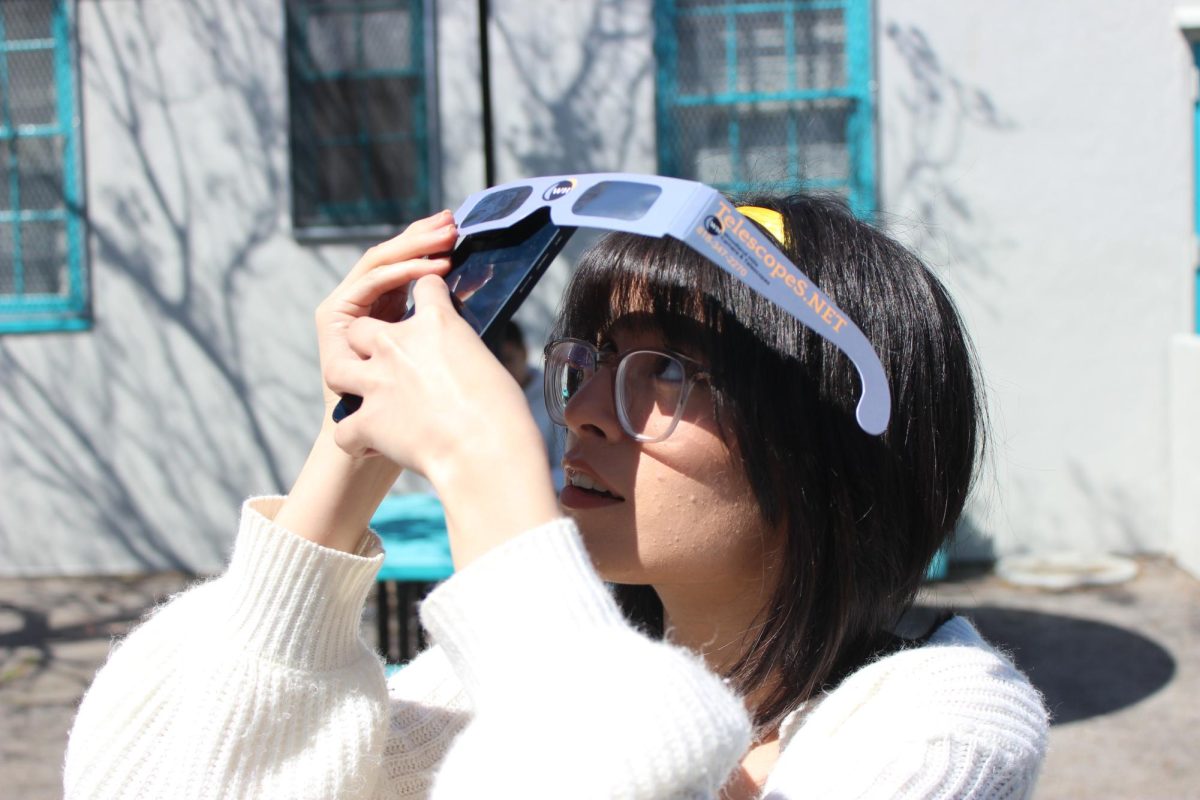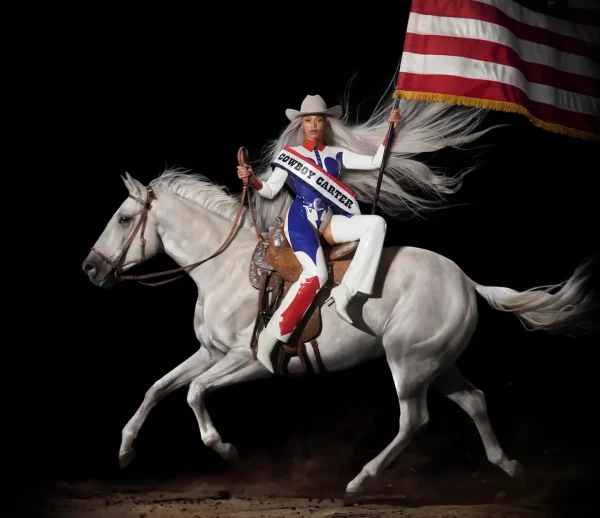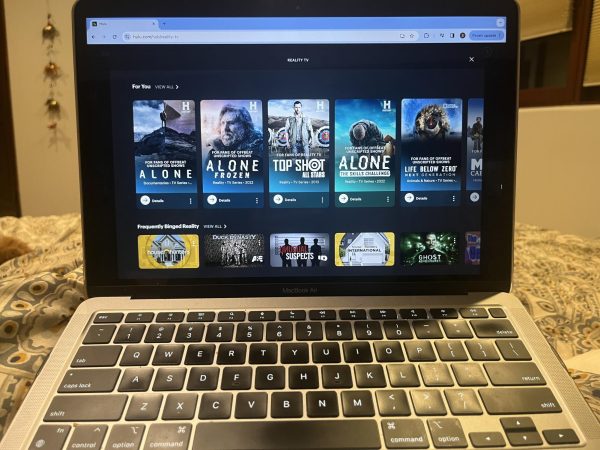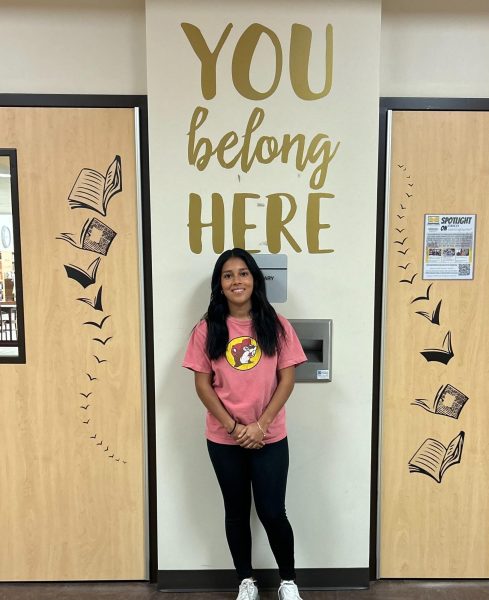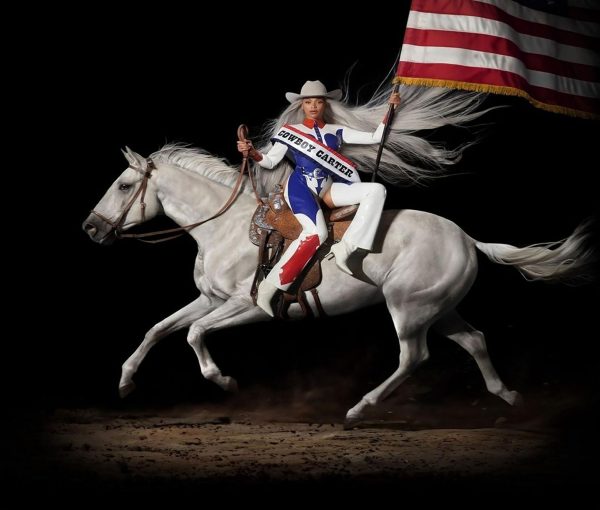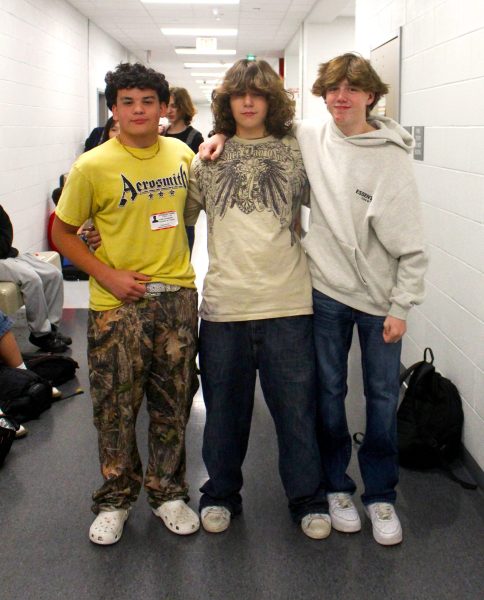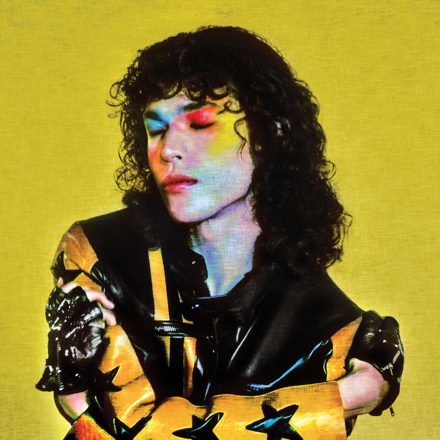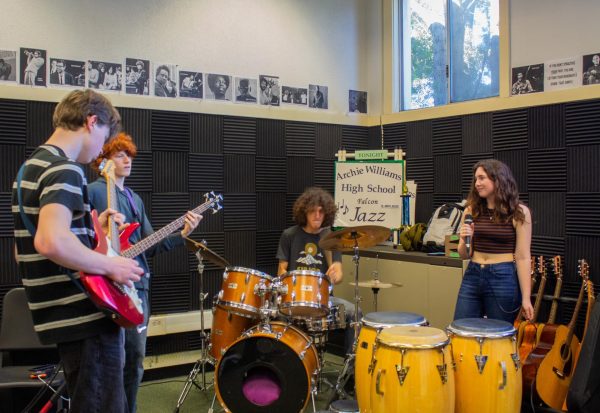A double standard in rap
Women in rap are judged too harshly.
September 18, 2020
The hit song “WAP” by Cardi B, featuring Megan Thee Stallion was released on August 7, 2020 and was met by massive amounts of outrage for its provocative lyrics and subject matter.
As avid listeners to both female and male rappers, this made us notice a double standard in the public’s treatment towards female artists compared to male artists. Female rap can be intimidating to some due to its emphasis on independence, female self-empowerment, and women in positions of power.
Women empowerment is automatically in a position that opposes the traditional ideas of patriarchy and male dominance in society, which makes those who support the patriarchy uncomfortable. Male rappers are also criticized for the subjects included in their songs, like violence or drugs.
When releasing songs with similar topics, male and female rappers can write about the same thing, but society approaches each one much differently. Look at songs like “Or Nah” by Ty Dolla $ign, released in 2014 or “Mood Swings” by Pop Smoke featuring Lil Tjay, released just this year. These are just two examples of songs with a topic as explicit as “WAP”’s, written with lyrics just as raunchy, but the male songs were met with much less criticism.
We are not saying that male rappers should also be criticized, because music is an outlet and does not need a gatekeeper. However, when the outrage is so disproportionate, it is easy to see that women are held to a different and higher standard than men in the rap industry. This is unfair, as it makes it harder for women in the industry to succeed.
Female rappers’ lyrics include just as much about sex and their own empowerment as male rappers. So why are they receiving so much outrage? Why are they the ones being called names and derogatory terms for something as simple as a song? At the end of the day, it boils down to people being afraid of women owning their femininity and sexuality openly and powerfully.
Before criticizing women for expressing themselves in an industry that is male-dominated and difficult to be successful in, people should examine their own biases and consider why they are upset. Whether it’s due to the rapper’s history, the words included in their songs, or like in most cases, has to do with the listener’s personal values.
Instead of being written off for explicit lyrics and the bold, outspoken manners of female rappers, listeners should first recognize their morale and ask themselves why they are criticizing women who are using music to empower.
This story was originally published on Norse Notes on September 17, 2020.

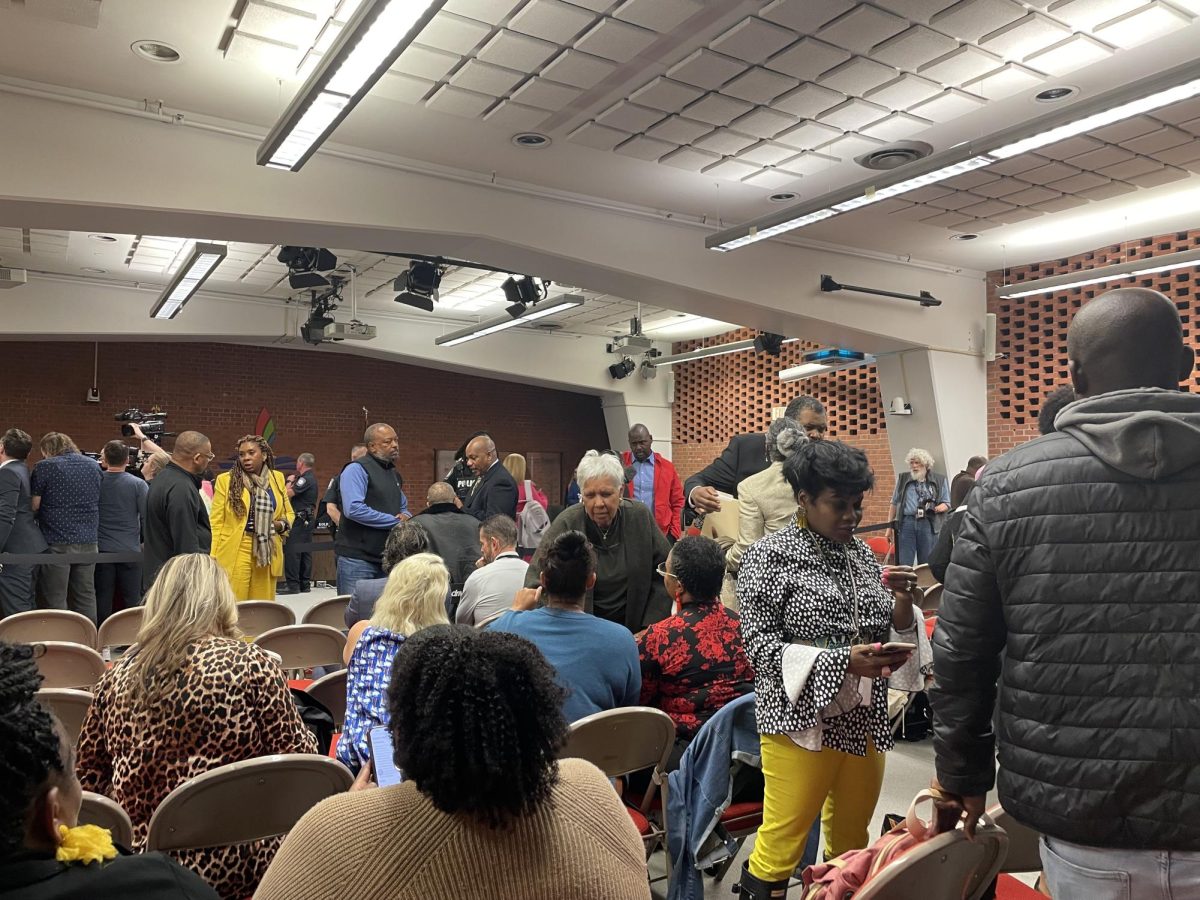

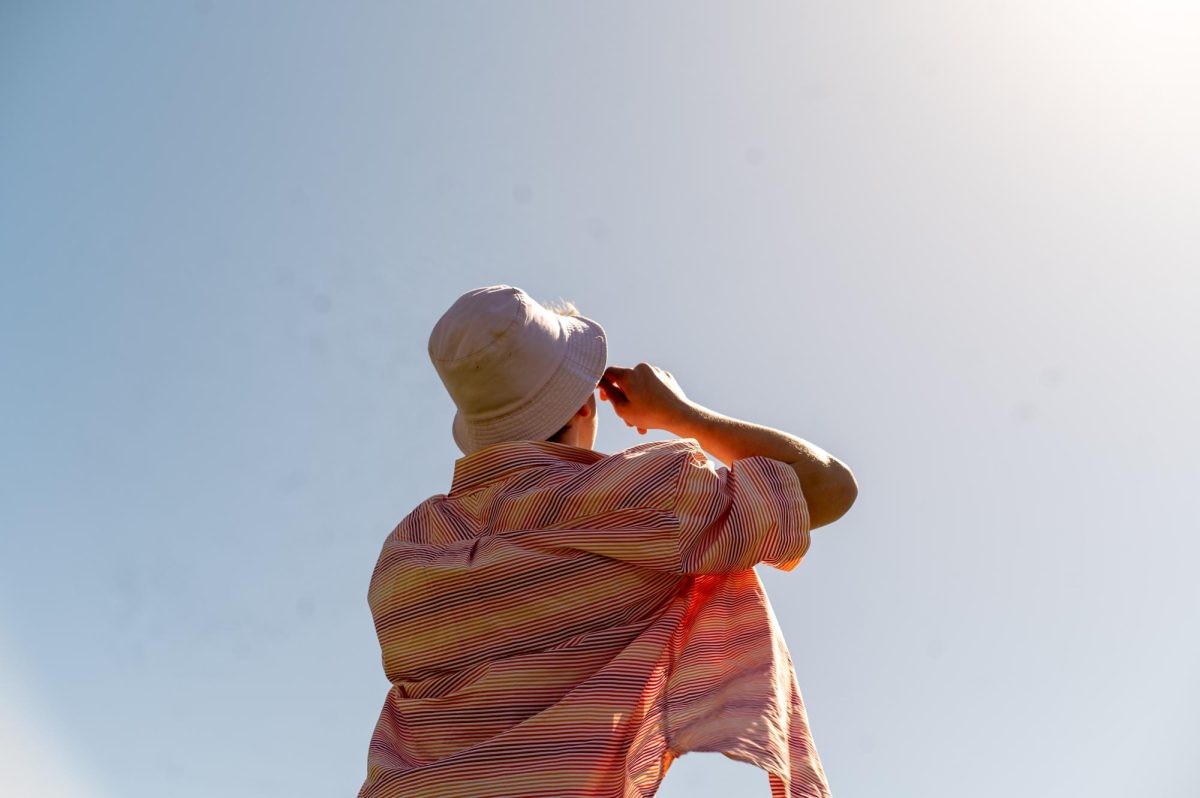
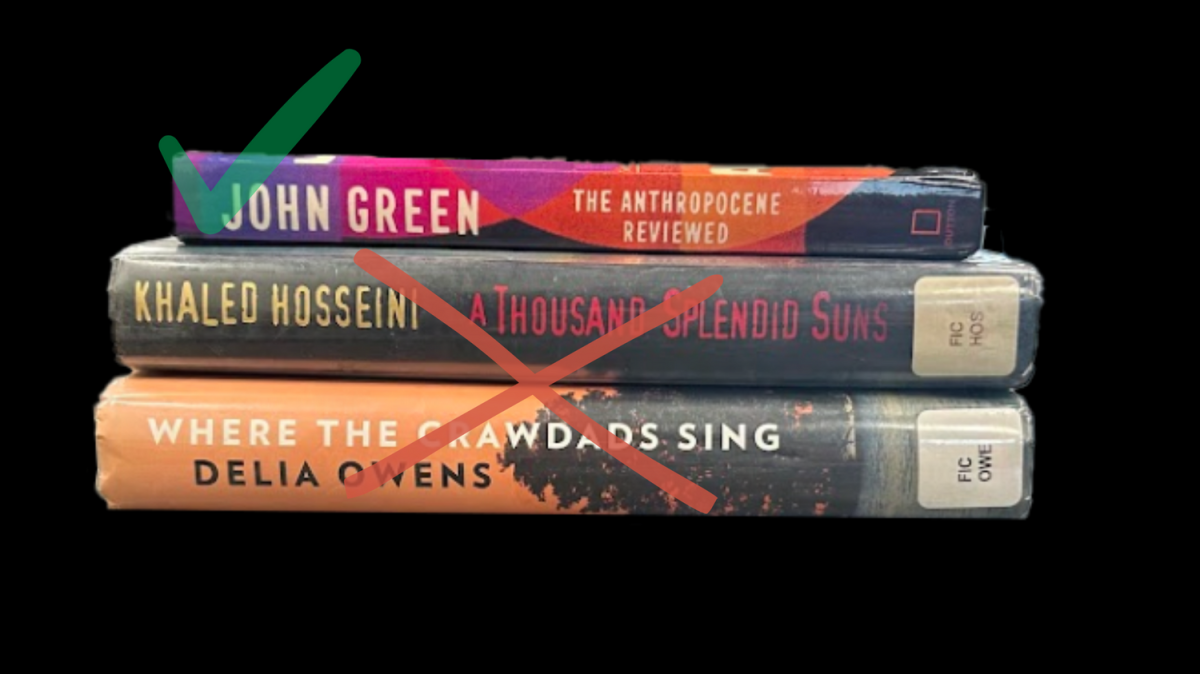
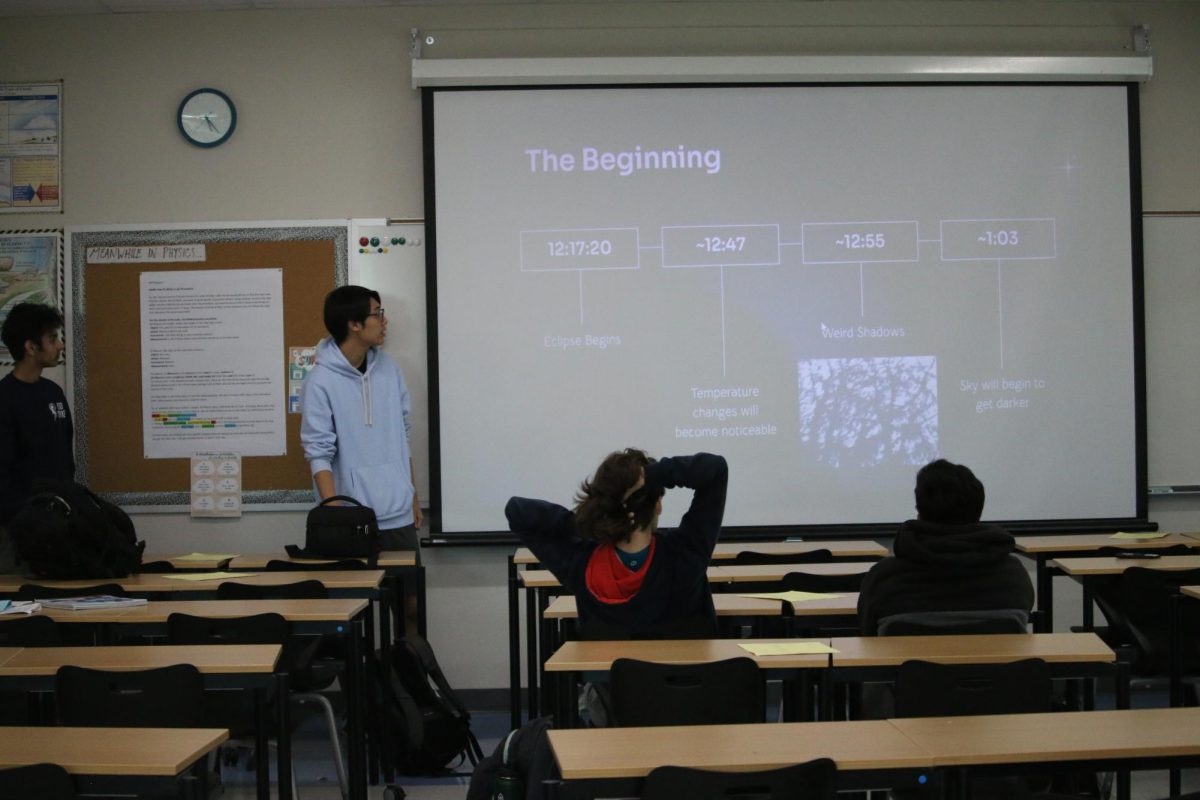




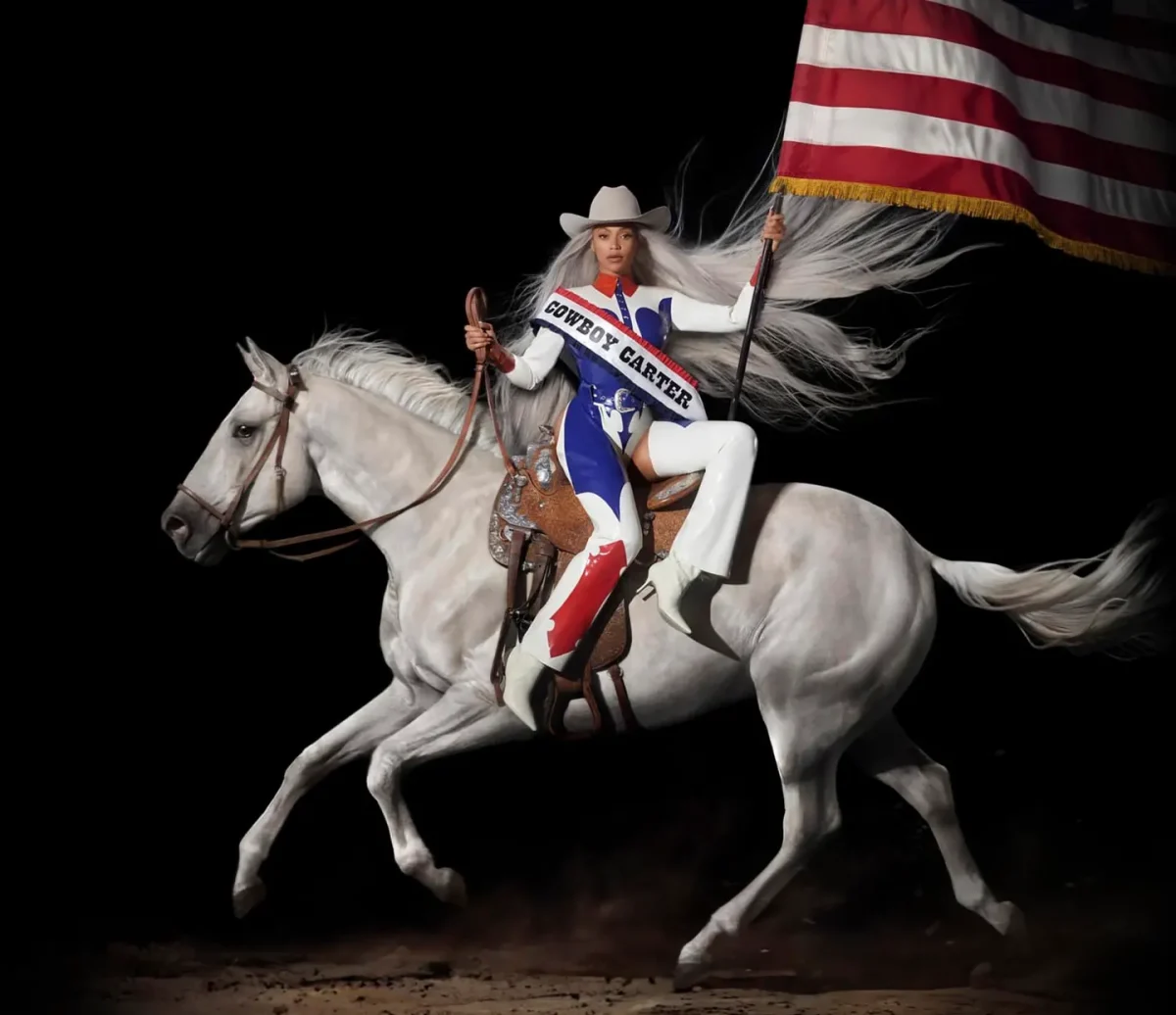

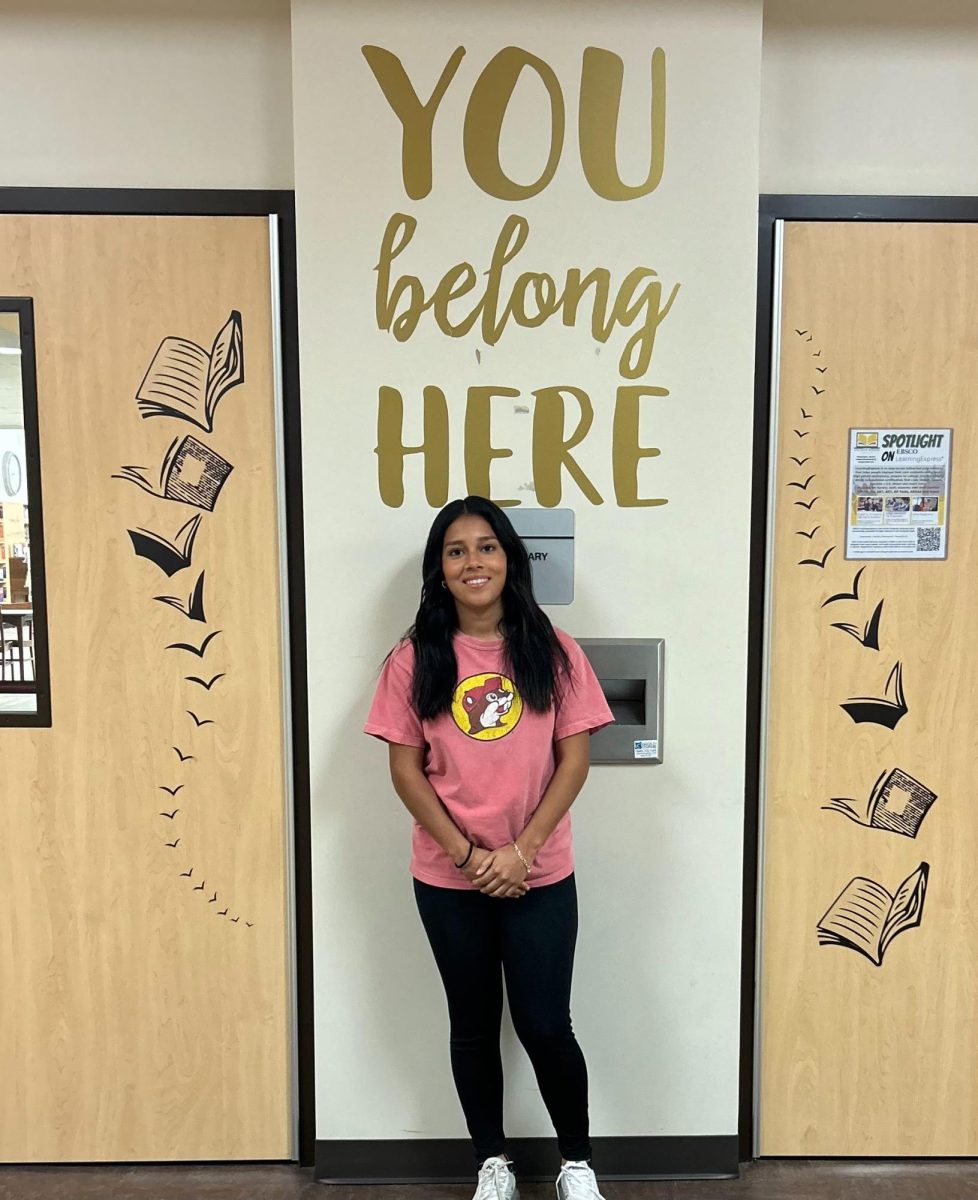
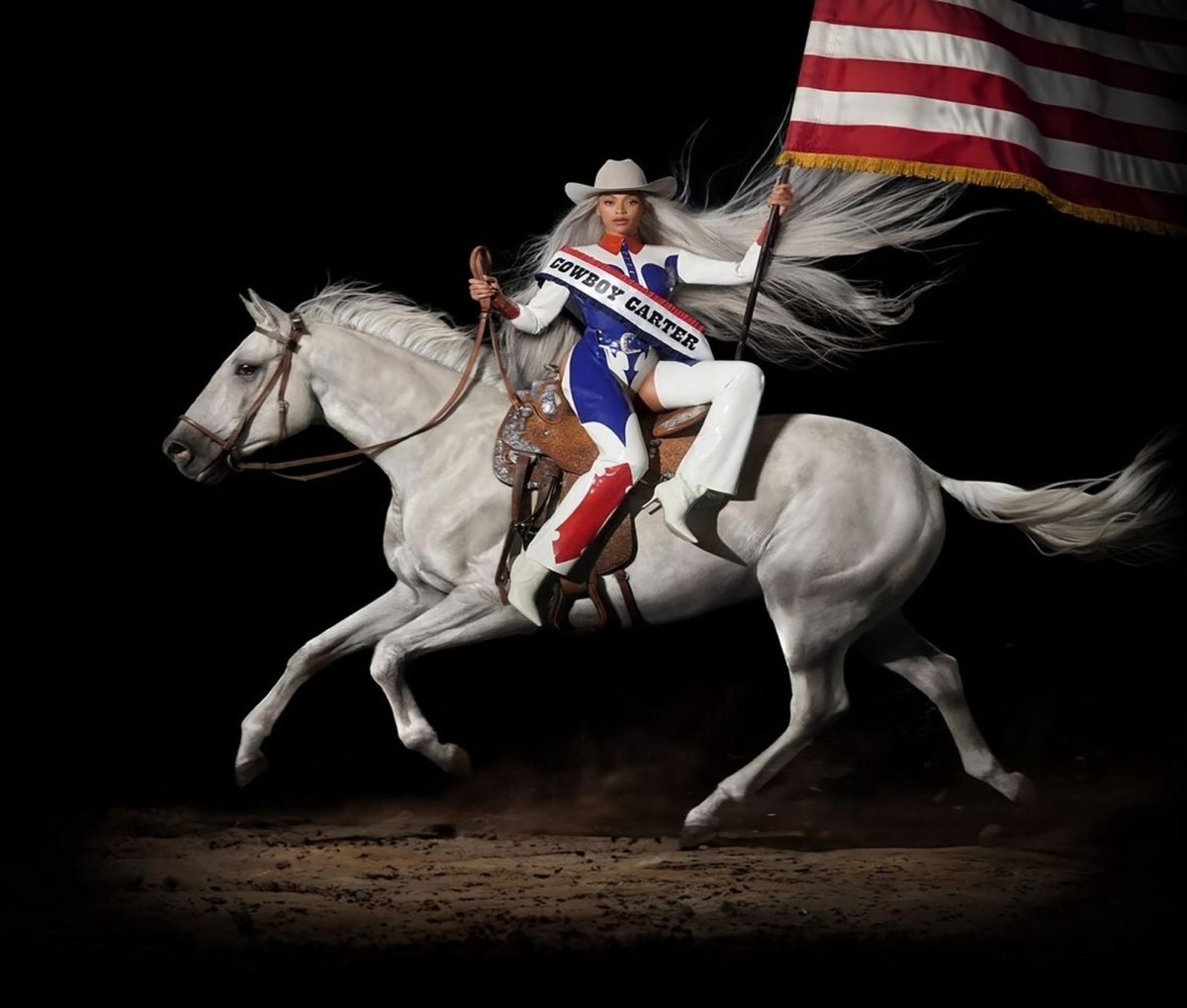
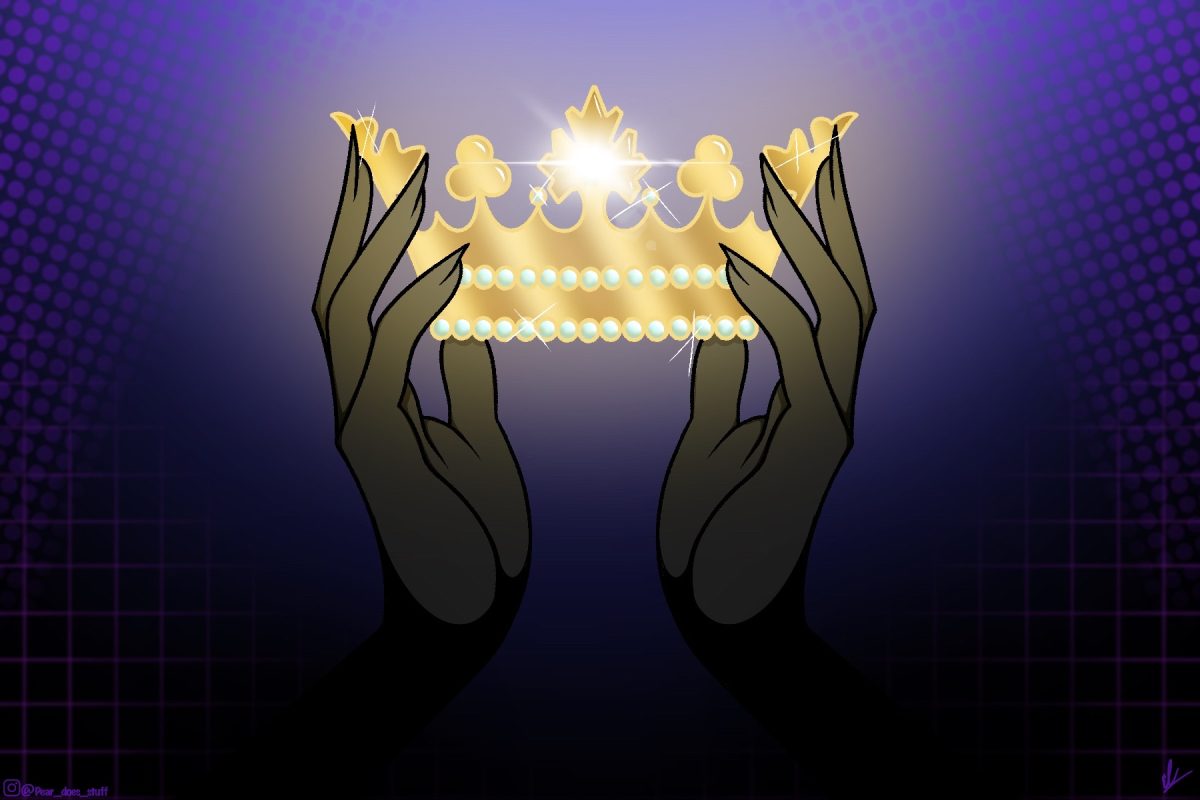
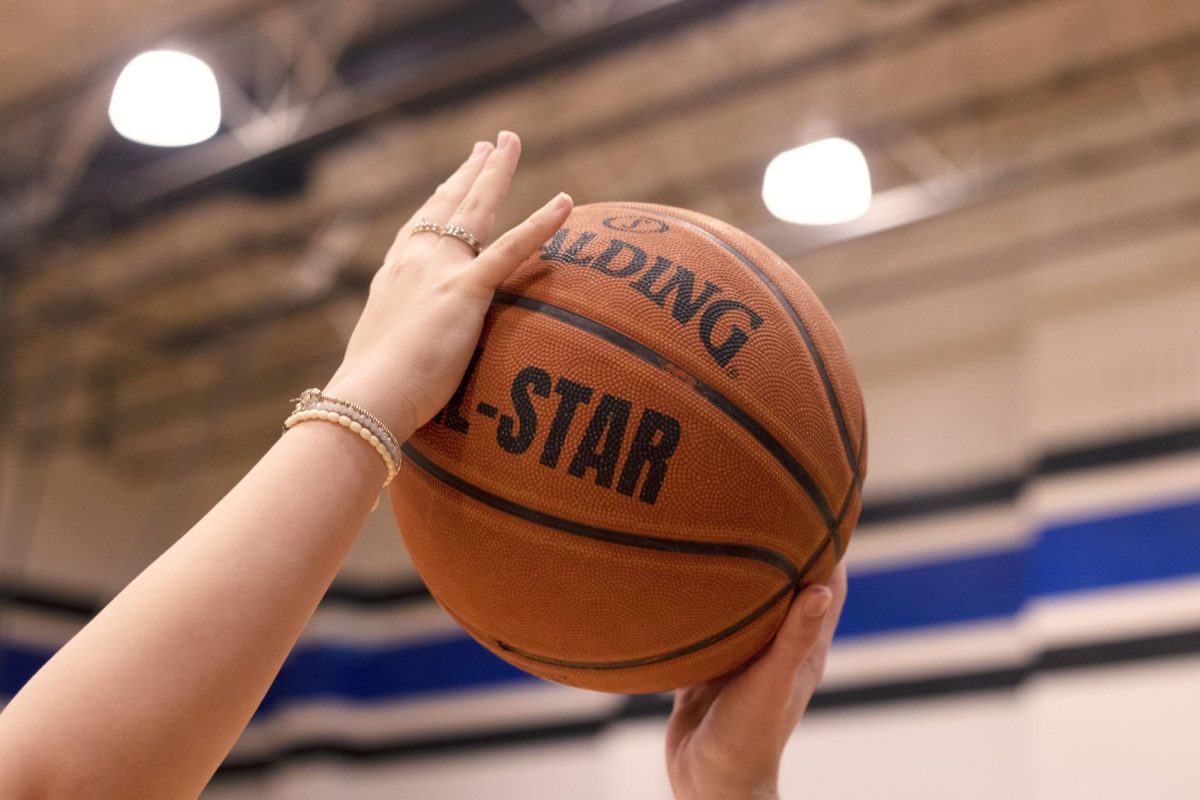


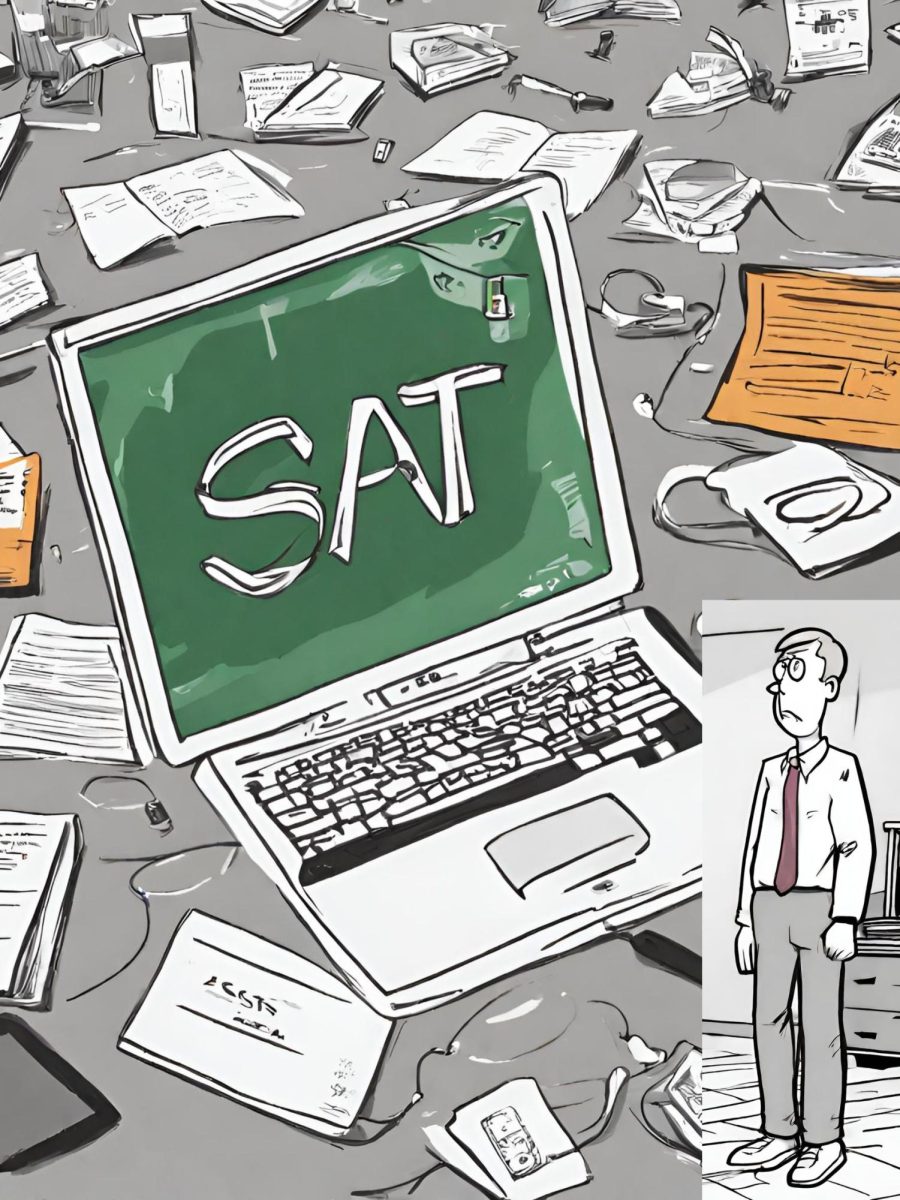








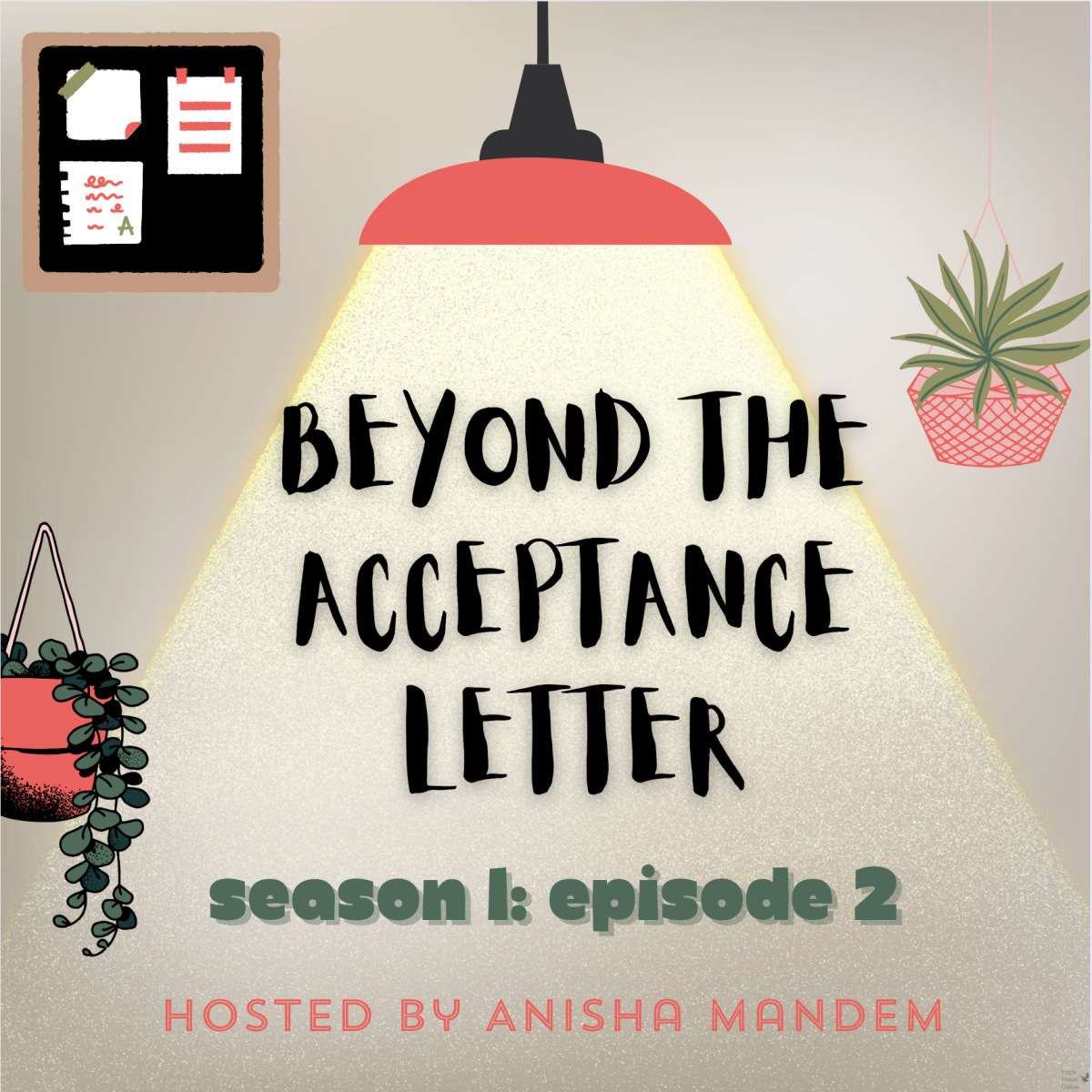
![IN THE SPOTLIGHT: Junior Zalie Mann performs “I Love to Cry at Weddings,” an ensemble piece from the fall musical Sweet Charity, to prospective students during the Fine Arts Showcase on Wednesday, Nov. 8. The showcase is a compilation of performances and demonstrations from each fine arts strand offered at McCallum. This show is put on so that prospective students can see if they are interested in joining an academy or major.
Sweet Charity originally ran the weekends of Sept. 28 and Oct. 8, but made a comeback for the Fine Arts Showcase.
“[Being at the front in the spotlight] is my favorite part of the whole dance, so I was super happy to be on stage performing and smiling at the audience,” Mann said.
Mann performed in both the musical theatre performance and dance excerpt “Ethereal,” a contemporary piece choreographed by the new dance director Terrance Carson, in the showcase. With also being a dance ambassador, Mann got to talk about what MAC dance is, her experience and answer any questions the aspiring arts majors and their parents may have.
Caption by Maya Tackett.](https://bestofsno.com/wp-content/uploads/2024/02/53321803427_47cd17fe70_o-1-1200x800.jpg)
![SPREADING THE JOY: Sophomore Chim Becker poses with sophomores Cozbi Sims and Lou Davidson while manning a table at the Hispanic Heritage treat day during lunch of Sept 28. Becker is a part of the students of color alliance, who put together the activity to raise money for their club.
“It [the stand] was really fun because McCallum has a lot of latino kids,” Becker said. “And I think it was nice that I could share the stuff that I usually just have at home with people who have never tried it before.”
Becker recognizes the importance of celebrating Hispanic heritage at Mac.
“I think its important to celebrate,” Becker said. “Because our culture is awesome and super cool, and everybody should be able to learn about other cultures of the world.”
Caption by JoJo Barnard.](https://bestofsno.com/wp-content/uploads/2024/01/53221601352_4127a81c41_o-1200x675.jpg)


